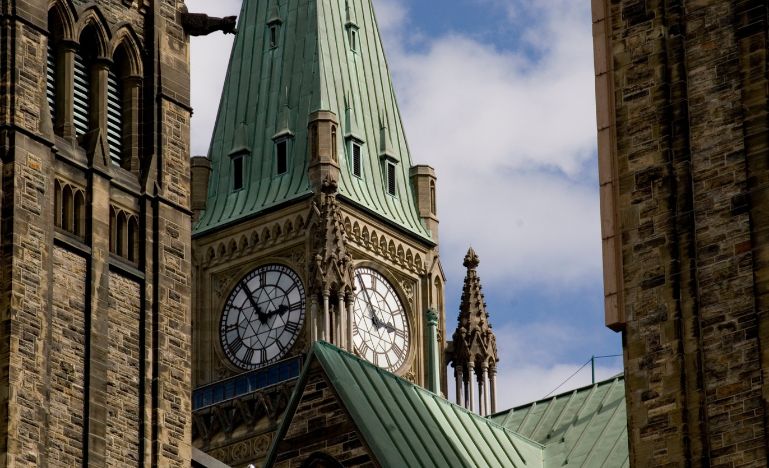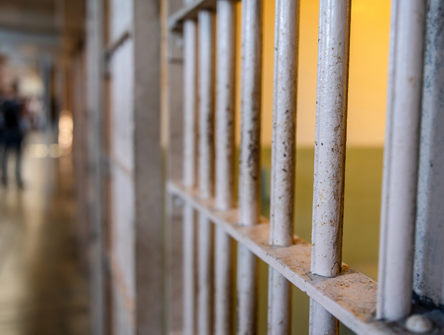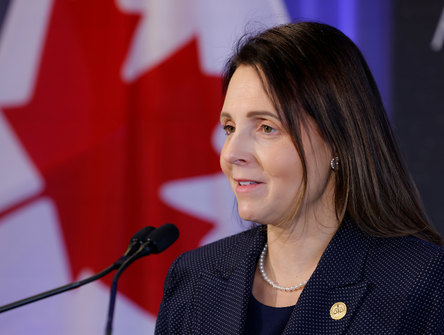Are there limits to the prime minister’s power to prorogue Parliament?
Federal Court fast-tracks legal challenge of decision to hit pause until March, which brings novel questions

The Federal Court has granted an expedited hearing of a legal challenge to the prime minister’s decision to prorogue Parliament until March 24.
Although similar challenges to Crown prerogatives have failed in Canadian courts, the 2019 Miller II decision from the United Kingdom’s Supreme Court gives the Canadian plaintiffs hope that the courts can intervene here.
Paul Daly, the University of Ottawa's research chair in administrative law and governance, says Miller II did change the landscape.
“It’s a very well-reasoned, very well-explained and clear decision of the UK Supreme Court,” he says.
That matters here because Canada is part of British tradition, and the preamble of the Canadian Constitution states that it is similar in principle to that of the United Kingdom.
“Any decision from the UK Supreme Court on a matter of fundamental constitutional importance has to be taken seriously in Canada,” Daly says.
The decision found that prorogation interferes with Parliament's two functions—its ability to legislate and its ability to hold the government to account.
Like any prorogation, he says the pausing of Canada’s Parliament interferes with those functions.
“The UK Supreme Court says that this then calls for justification. You have to explain why you’re proroguing Parliament, preventing Parliament from legislating and preventing Parliament from holding the executive to account.”
James Manson, a senior lawyer with Charter Advocates Canada, represents the applicants—David Joseph MacKinnon and Aris Lavranos of Nova Scotia—in this challenge and cites these parliamentary functions as part of their case. He says Miller II asserts that when dealing with a prerogative power, the same principles apply with equal force.
“That is what has never been considered by the courts here in Canada,” Manson says.
A normal prorogation situation, where there are a few days between legislative sessions to reset the agenda with a new throne speech and no political gamesmanship at play, is not the same as a lengthy prorogation with a different purpose altogether.
“The reasons for this prorogation were political. It’s hard to argue that it wasn’t,” Manson says, pointing to Trudeau lamenting that Parliament had become dysfunctional due to the privilege-related filibuster.
“I would contend that it’s not the prime minister’s function to supervise Parliament and decide when Parliament needs to calm down or have a time out. It’s the other way around—it’s Parliament’s job to supervise the executive.”
Daly notes that in the UK situation, then-prime minister Boris Johnson did not provide any justification for his prorogation. The government lawyers’ position was that this wasn’t a matter for the courts and no justification was necessary.
“It didn’t work for Johnson,” he says. “[The Court] said that the length of the prorogation was such that it called for justification.”
If there is no justification for interfering with Parliament’s law-making and accountability functions, it’s unlawful.
The analogy here, which landed with Federal Court Chief Justice Crampton in his decision, is that just as the UK was in an important moment with Brexit around the corner, Canada is also in one with President Trump's return.
“Parliament ought to be in a position to legislate where necessary and there to ensure accountability at this critical juncture,” Daly says. “All of this was known to Mr. Trudeau, so we have a need for justification.”
He says this prorogation did serve partisan interests, as it allowed the Liberal Party to avoid what looked like a vote of non-confidence and a potential election in which it would be led by an unpopular leader—Trudeau—or his hastily-selected replacement. That’s all now been avoided.
That said, in the context of Miller II, Trudeau provided justification for the two principles—that Parliament could not exercise its functions because it was deadlocked.
“We can argue up and down whether these are accurate or good, but at the end of the day, the courts are not there to resolve disagreements about political decisions,” Daly says.
“If a court gets to the question of whether a prorogation meets the Miller II standard, they should conclude that this prorogation does rest on a plausible justification notwithstanding that it may be within the interests of the Liberal Party.”
However, he’s not sure we want to say that prerogative powers can never be exercised with partisan motives in mind. Depending on the government’s arguments in response, it could come down to whether the justification meets the test of reasonableness in Vavilov. As long as there is a reasonable justification for exercising the prerogative power, a court should uphold it.
Manson says that from his clients’ perspective, the lawsuit isn’t about politics. Rather, it’s about the Constitution, the proper role that each branch plays, and who can fetter who.
“Can the executive fetter the legislative branch whenever it wants to or not?” he asks. “What are limits? What’s the scope? When we answer that, we will answer if this particular prime minister falls on one side of the other.”
Manson says the answer is important because it’s an unexplored area of law. He believes it’s within the courts' power to explore whether there is a prerogative and, if so, the scope of it. He doesn’t see it as overreach.
Not everyone is convinced this needs to involve a court challenge, however.
“The legislature already has the ability to sanction a government that abuses prorogation: non-confidence,” says Philippe Lagassé, the Barton Chair at the Norman Patterson School of International Affairs at Carleton University, who studies prerogative powers.
“That should be the check on political gamesmanship, not the courts.”
He says that prorogations in Canada don’t tend to be as short as in the UK, so how do we know what counts as a lengthy prorogation here? He points to the supply cycle as an existing limit on the prorogation.
“What other limits would the judiciary impose and on what grounds?”
Manson says if his clients are successful, some guardrails will be put on the prerogative power.
“I don’t think it’s right that it should be unlimited. The question is, what are those limits.”
Assuming the court doesn’t deal with the matter on justiciability and gets to the reasonableness justification, Daly says applying Vavilov would impose an implicit guardrail on the executive. But it’s possible it would be much more generous to the executive than the challengers hope.
The expedited process will see hearings in Ottawa on February 13 and 14. While the prorogation would only affect five sitting weeks, a successful challenge might restore three of them.
Claudia Feldkamp, counsel with Fasken Martineau DuMoulin LLP in Toronto, wonders how the expedited process will play out.
“One of the critical questions with the Court stepping in and saying they have a role is whether there is anything legal here rather than the constitutional conventions,” she says.
“It’s not clear to me that there’s much of a meaningful remedy here, which is the foundation for the expedited review. And it’s unclear that an election is much more helpful.”
What could come out of this is the Court opining on some of the limits, which is what the applicant is looking for. However, some say the UK decision was unconstitutional.
Further, Daly says it’s possible that Miller II may not even apply here because unlike the UK’s unwritten conventions, Canada’s Charter of Rights and Freedoms states there must be a session of Parliament every twelve months, along with the practical need to meet and vote on supply—budgetary allocations to fund the public service.
“The ability for a court to pronounce on something that is about constitutional convention as opposed to the law is something people will debate,” Feldkamp says.
She adds that it’s important to consider where accountability should be held in our democratic system and whether that should be the courts in these cases.
Manson says there are no other applicants looking to join the suit, but groups, including Democracy Watch and some professors from the University of Ottawa, are looking to intervene.


